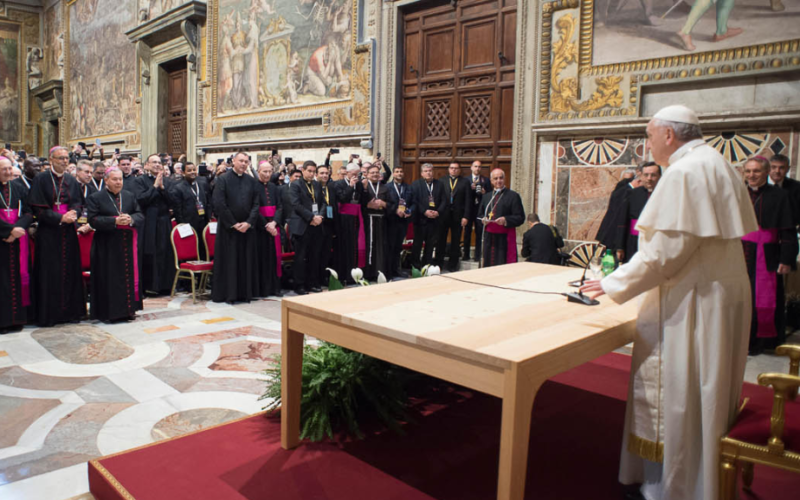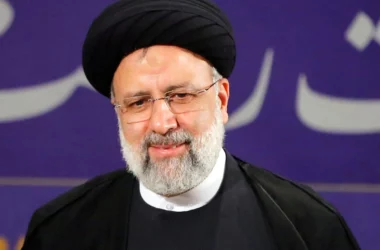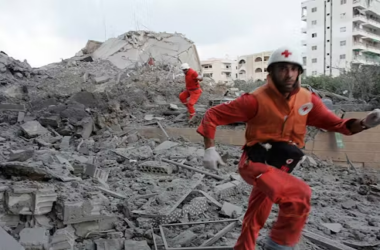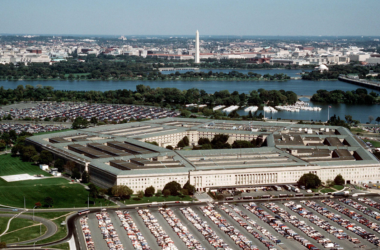The Vatican has officially confirmed its prohibition on Catholics becoming members of the Freemasons, a centuries-old secretive society that has long been viewed with suspicion by the Catholic Church. With an estimated global membership of up to six million, the Freemasons operate as male-only societies with arcane symbols and rituals. The Vatican’s doctrinal office, known as the Dicastery of the Doctrine of the Faith, reiterated this ban in response to concerns raised by a bishop in the Philippines regarding the increasing number of Freemasons in the country. The Vatican’s stance, backed by a 1983 declaration signed by the late Pope Benedict XVI, emphasizes the perceived irreconcilability between Catholic doctrine and Freemasonry.
The Catholic Church’s historical hostility toward Freemasonry dates back centuries, with suspicions and reservations about the society’s secretive nature, rituals, and influence. The Vatican’s doctrinal office, responsible for safeguarding Catholic doctrine, has consistently expressed concerns over the compatibility of Freemasonry with Catholic teachings. The recent reaffirmation, dated Nov. 13 and endorsed by Pope Francis, underscores the ongoing tension between the Catholic Church and the Freemasons.
The Vatican’s doctrinal office explicitly stated that “active membership in Freemasonry by a member of the faithful is prohibited” due to the perceived irreconcilability between Catholic doctrine and the principles of Freemasonry. This reiteration reinforces a 1983 declaration that declared Catholics participating in Masonic associations to be in a state of grave sin, rendering them ineligible to receive Holy Communion. The Vatican’s stance emphasizes the theological differences and potential conflicts that it believes exist between the two entities.
The Vatican’s response to concerns raised by a bishop in the Philippines highlights the global reach and influence of the Freemasons. The Catholic Church’s official position aims to address anxieties within its community regarding the perceived growth of Freemasonry. While the specific concerns raised by the bishop are not detailed, the Vatican’s response is consistent with its longstanding position on the incompatibility of Catholicism and Freemasonry.
This reaffirmation of the ban on Catholics joining the Freemasons follows the recent announcement by the same doctrinal office that transgender individuals can be baptized, serve as godparents, and act as witnesses at Catholic weddings. These decisions showcase the complex and evolving nature of the Vatican’s doctrinal positions, reflecting its engagement with contemporary societal and cultural issues.
The Vatican’s confirmation of the ban on Catholics becoming Freemasons underscores the enduring tension between the Catholic Church and the secretive society. The decision aligns with historical reservations about Freemasonry’s compatibility with Catholic doctrine and serves as a reaffirmation of longstanding positions. As the Catholic Church navigates the challenges posed by evolving societal norms and beliefs, its doctrinal decisions continue to shape the boundaries of acceptable practices within its community.








